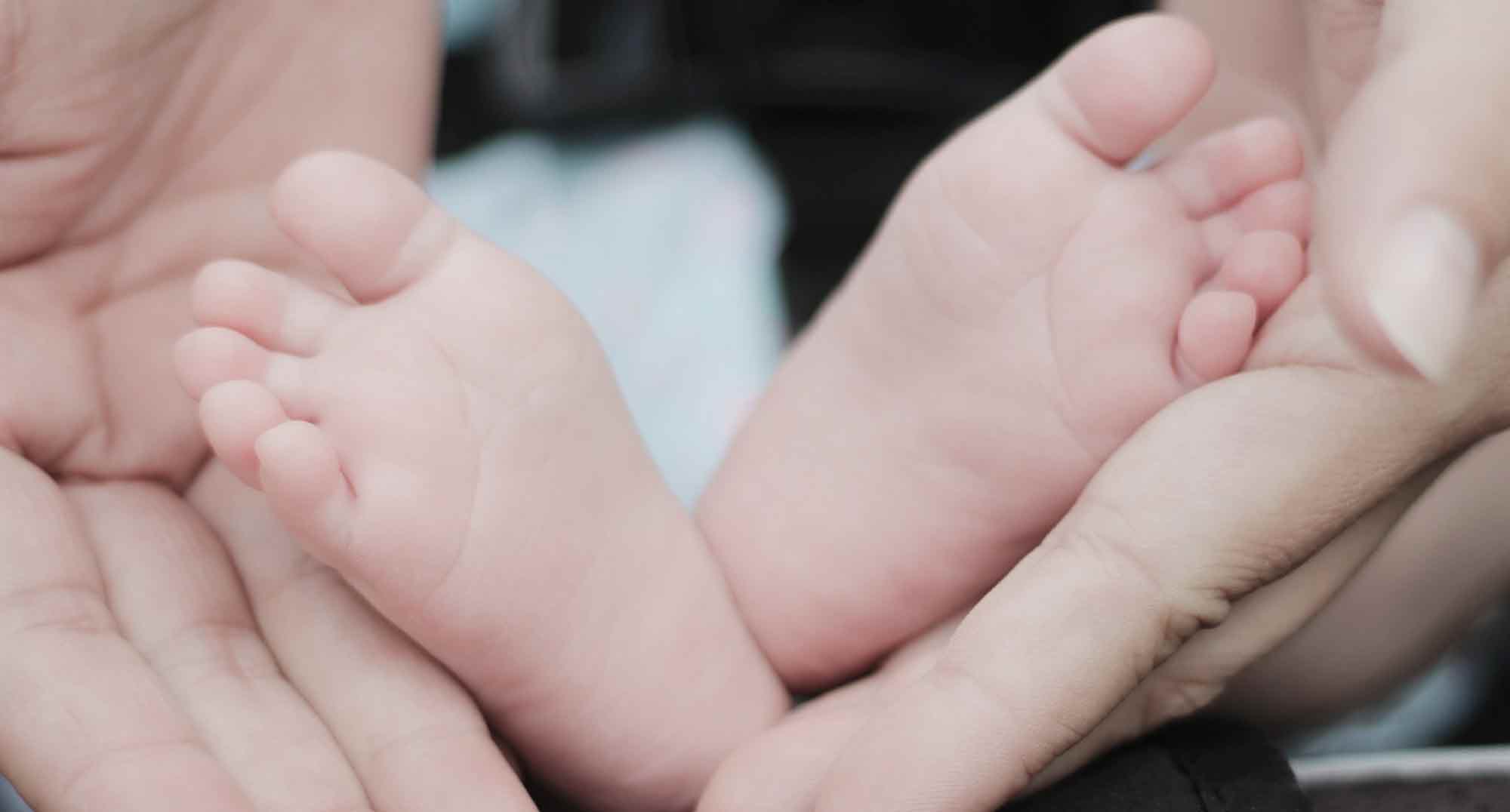From Ambivalent to Aligned: Considering Life in the Womb
JANE STORY |GUEST The request was gentle. I was surprised that a couple who cared so deeply about this issue wasn’t more inflammatory. I had been conditioned to expect pro-life ‘radicals’ to be pushy, condescending, and unsympathetic. My boss sent an email (from his personal address) inviting all his coworkers to join him and his wife at the March for Life. They didn’t demand our attendance or stump the position that all Christians should be on their side. They simply stated that they cared about the issue, they thought it was worth their time to go, and that they could give us a ride. If we had questions, they’d be happy to talk more. I was a young twenty-something and felt affronted by what I considered to be a bold political move. Although I was a strong Christian, I hadn’t decided what I believed about abortion. I had never been confronted with how the Bible spoke to that issue, nor had I had any role models make their own views known. Instead, I had subsisted on our culture’s words about protecting mothers and respecting choice. I was led into confusion about when life begins. All I could say was, it was wrong to kill people, but I wasn’t sure if abortion was killing people. I would have never personally advocated for it, but I wanted to be kind to those who chose it. Finally, I knew I was ill-equipped for complex scenarios where people must choose between the baby’s life and the mother’s life. I’d never heard a Christian give adequate answers to those questions. While politics brought the issue to the forefront for me, the origins of my questions were theological. My theological ambivalence needed to be set aside, and my heart needed to align with Scripture...




